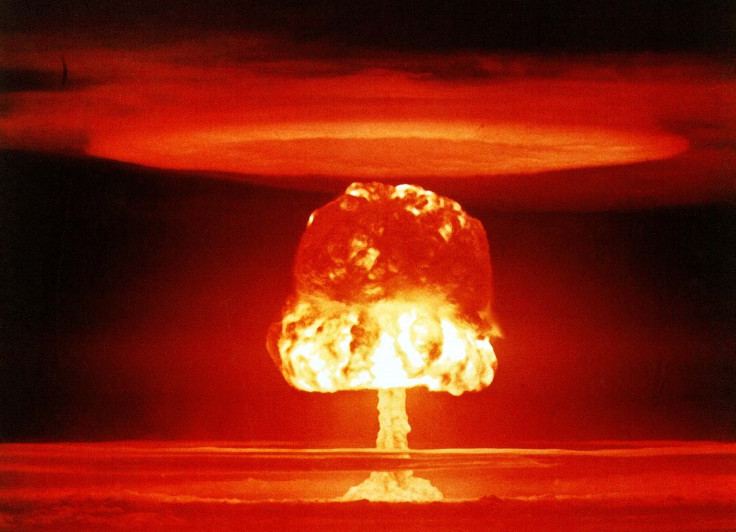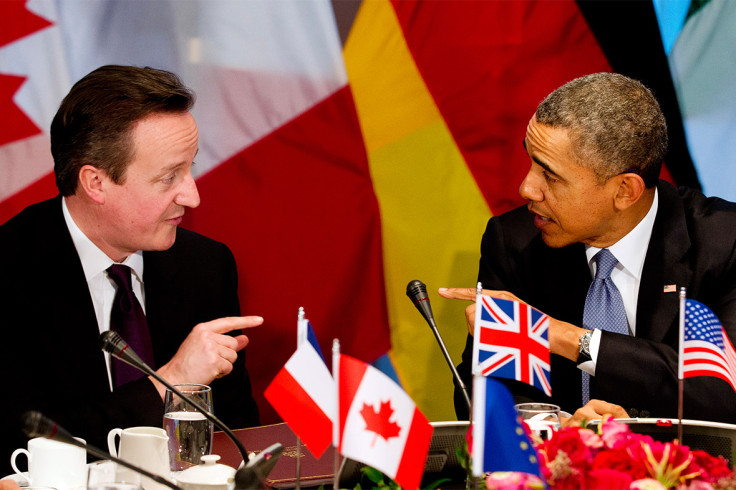Very Small Regional Nuclear War 'Would Wipe Out Ozone Layer for a Decade'

Even a very small regional nuclear war would have catastrophic effects on our planet, researchers have warned.
A small nuclear war would wipe out the ozone layer for a decade, could trigger global cooling and cause droughts for at least 10 years, a LiveScience report says.
Following the Netherlands G7 Nuclear Security Summit, in which world leaders discussed the ever increasing risk of nuclear war, scientists have said concerns of the threat are justified.
Michael Mills, an atmospheric scientist at the National Center for Atmospheric Research in Colorado, told the website: "Most people would be surprised to know that even a very small regional nuclear war on the other side of the planet could disrupt global climate for at least a decade and wipe out the ozone layer for a decade."
A small nuclear war, researchers predict, would send about 5.5 million tonnes of black carbon into the atmosphere, absorbing solar heat and resulting in global cooling.

Temperatures would fall by an estimated 1.5C, causing Europe, North America, the Middle East and Asia to experience winters up to 6C colder than current levels.
The destruction of the ozone layer would lead to huge amounts of ultraviolet radiation to Earth's surface, threatening ecosystems and causing skin cancer rates to soar.
"All in all, these effects would be very detrimental to food production and to ecosystems," Mills said.
"This is the third independent model examining the effects a regional nuclear conflict on the atmosphere and the ocean and the land, and their conclusions all support each other. It's interesting that every time we've approached this same question with more sophisticated models, the effects seem to be more pronounced.
"One could produce a global nuclear famine using just 100 of the smallest nuclear weapons. There are about 17,000 nuclear weapons on the planet right now, most of which are much more powerful than the 100 we looked at in this study. This raises the questions of why so many of these weapons still exist, and whether they serve any purpose."
© Copyright IBTimes 2025. All rights reserved.





















